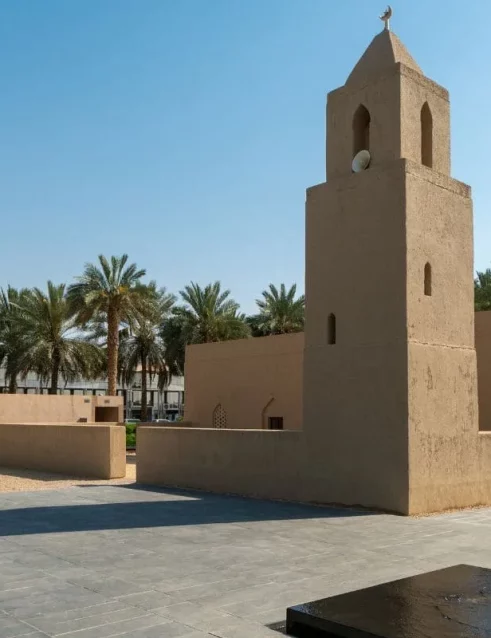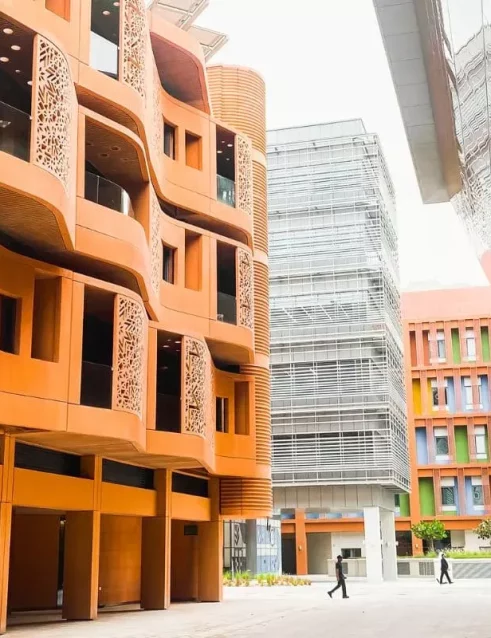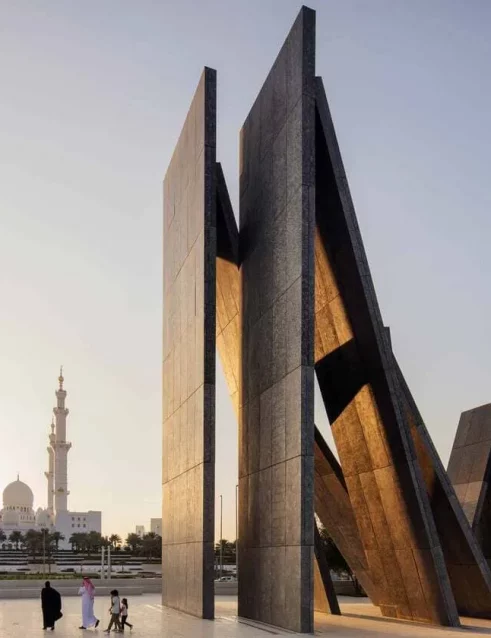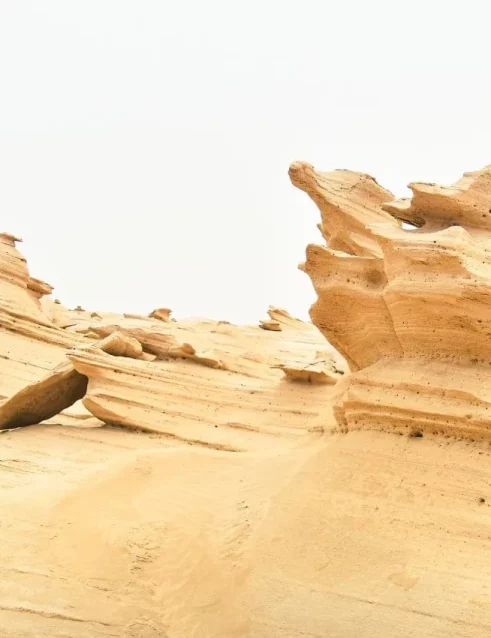Exploring the Rich and Vibrant Abu Dhabi Culture
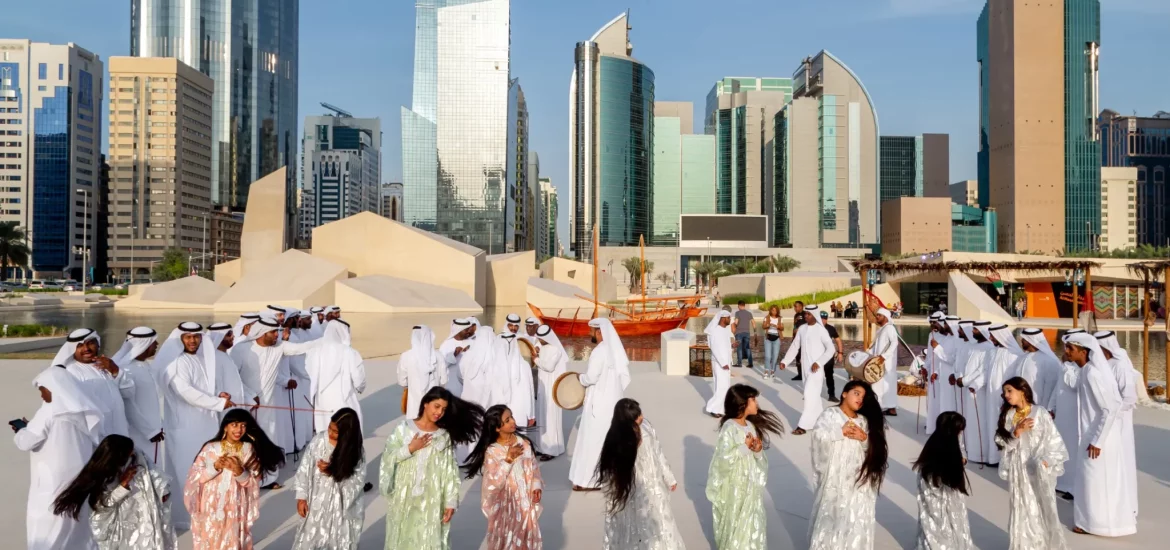
Embracing Islamic Traditions and Arab Heritage
The culture of Abu Dhabi is firmly rooted in the Islamic traditions and Arab heritage. Its impressive architecture, social norms, and festivals reflect the profound influence of Islam and Arabic customs. Visitors are welcomed warmly, respecting cultural diversity as long as it doesn’t disturb the societal harmony. The strong Arabic pride continues to inspire the locals with values of bravery, generosity, and devotion. While extravagance is a notable trait among the Emirati youth, it never compromises the overall safety and well-being of others.
The dress code in Abu Dhabi is also emblematic of its traditional values. The men wear dishdasha, a full-length shirt-dress, with a white or red checkered headdress known as Gutra. Women typically don a black robe, called abaya, and a headscarf named Sheyla.
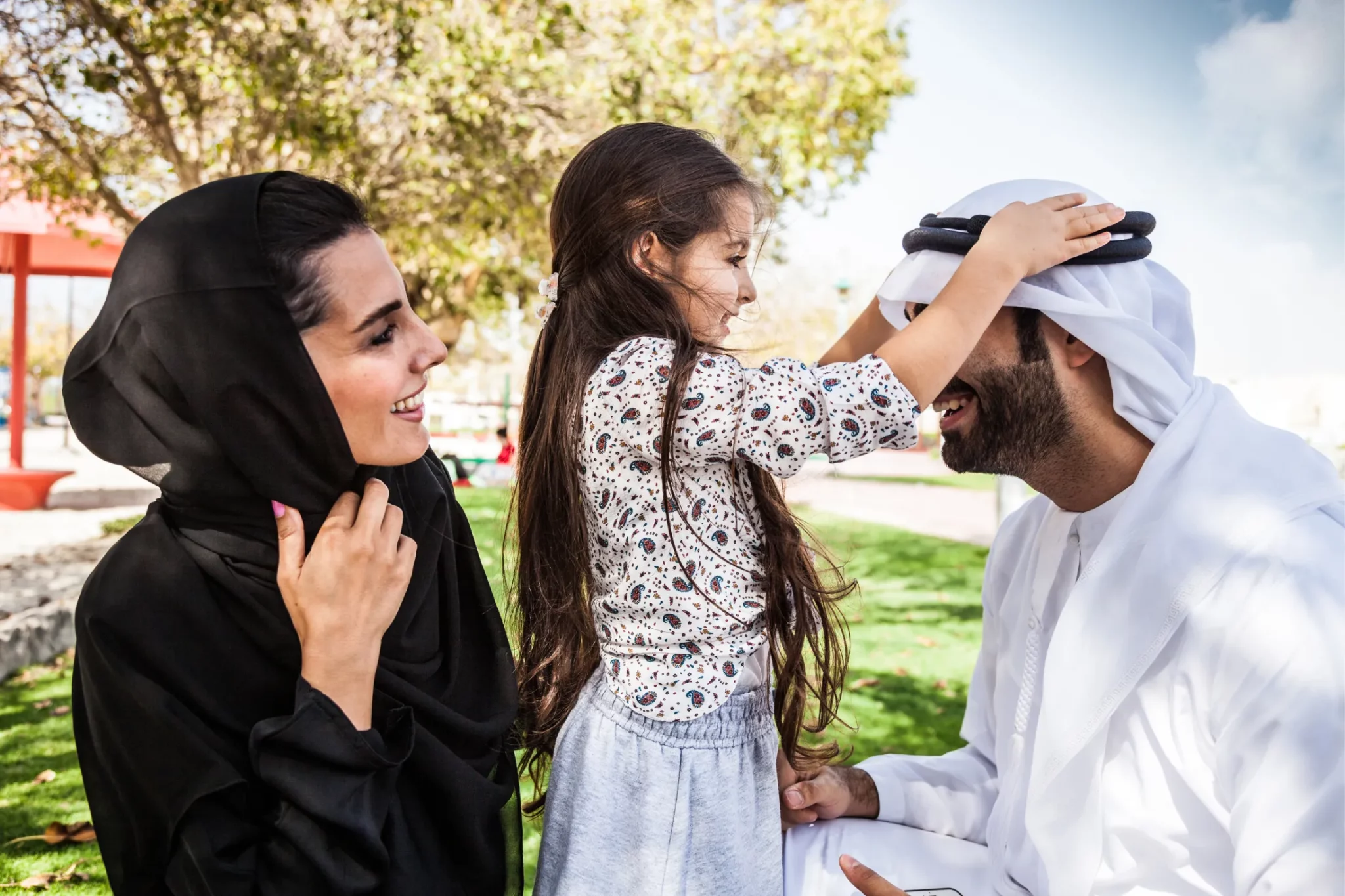
A Gastronomical Journey through Abu Dhabi
Abu Dhabi’s culinary landscape is a testament to its diverse cultural influences and the city’s cosmopolitan nature. Here, food is not just a sustenance; it is a journey, a narrative woven with spices and techniques that speak volumes of the city’s history and heritage. From luxurious fine dining restaurants serving international cuisine to bustling street food stalls offering local delicacies, Abu Dhabi offers an unparalleled gastronomical experience.
From the traditional Middle Eastern mezze platters to the richly flavored Indian dishes, the city serves a culinary symphony that matches every taste and preference.
et, the charm of local Emirati cuisine is truly captivating. Traditional dishes like Harees, a wheat and meat porridge, and Makboos, a flavorful rice dish with meat or fish, offer a harmonious blend of tastes that have been passed down through generations. Salona, a slow-cooked stew with vegetables, and Madrooba, a rich dish made from salted fish, rice, and spices, are other specialties that demonstrate the region’s culinary prowess.
And no meal is complete without indulging in traditional desserts. Luqaimat, a popular Emirati dessert, is a perfect example. These light and airy dough balls, deep-fried to golden perfection, are usually served drizzled with a generous covering of date syrup or honey, providing a delightful end to any meal.
The city also hosts numerous food festivals throughout the year, bringing together local and international culinary talents and food enthusiasts, thus continually reinventing its food culture.

Architectural Marvels Shaping the Skyline
Abu Dhabi’s skyline is a stunning collage of architectural achievements that reflect both the city’s economic prosperity and its deep-rooted cultural heritage. Each structure in the city, be it a luxurious hotel, a towering skyscraper, or a historical monument, tells a story of the city’s journey from a quiet fishing village to a vibrant metropolis.
Prominent landmarks like the Emirates Palace and the Etihad Towers are symbols of the city’s luxury and opulence. The Emirates Palace, a seven-star hotel, showcases the richness of Arabian culture through its intricate Islamic architectural motifs and lavish interiors. Similarly, the Etihad Towers, a complex of five skyscrapers, represent Abu Dhabi’s modern aesthetics and innovation.
Glass edifices like the Yas Viceroy is another example of the city’s amazing architecture. This building’s distinctive LED grid shell illuminates the Yas Marina Circuit, turning it into a mesmerizing spectacle of light and color.
The city’s mosques, particularly the Sheikh Zayed Grand Mosque, stand as a testament to the exquisite Islamic architecture. With its 82 domes, more than 1,000 columns, 24-carat gold gilded chandeliers, and the world’s largest hand-knotted carpet, the mosque represents a harmonious blend of Mughal, Persian, and Moorish architecture styles.
Similarly, the city’s forts, such as the Al Jahili Fort and the Qasr Al Hosn, stand as significant historical landmarks. They narrate the tales of Abu Dhabi’s past, its transformation, and its resilience. Qasr Al Hosn, in particular, as the oldest stone building in the city, holds a special place in Abu Dhabi’s architectural and historical landscape.
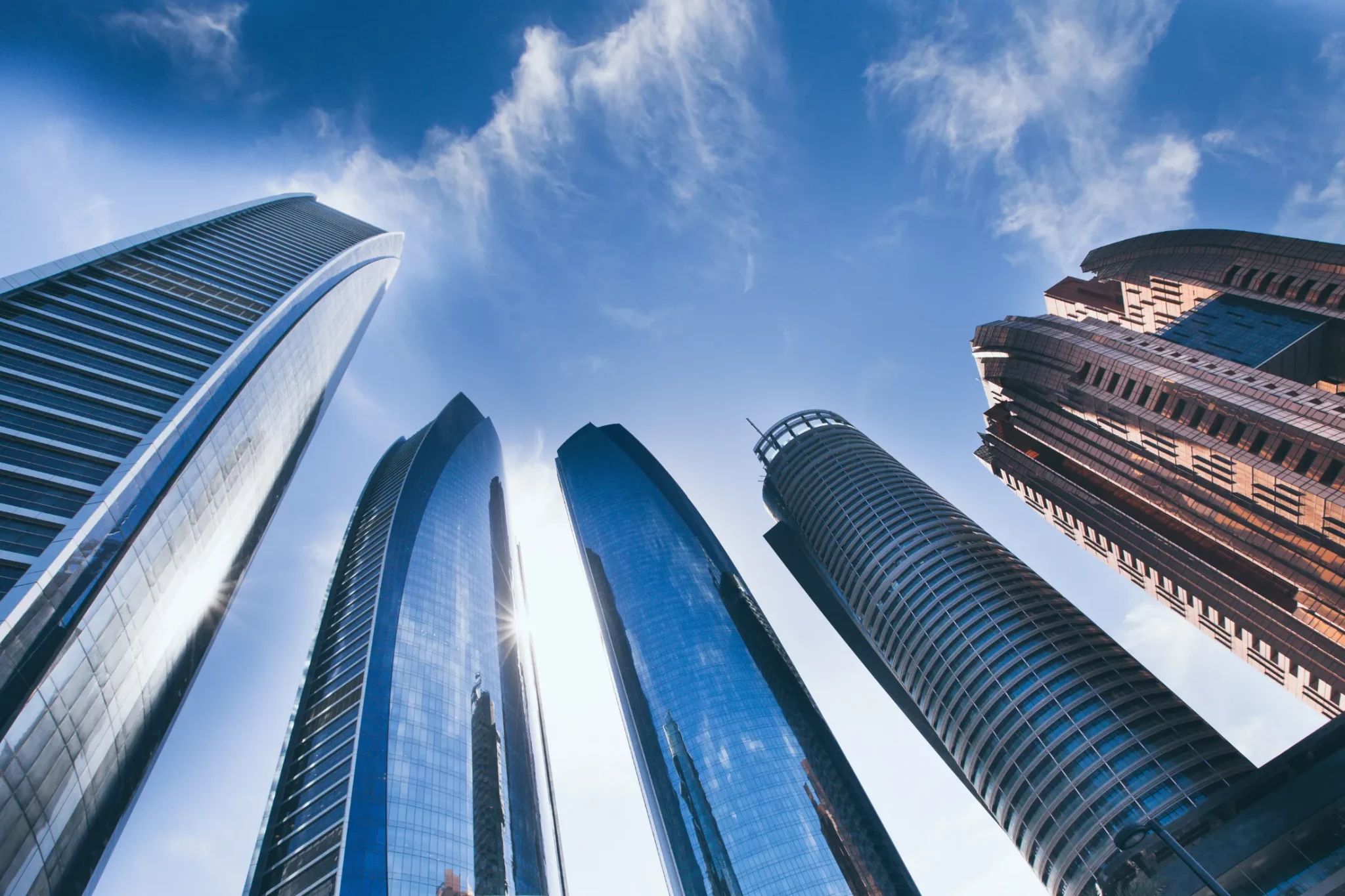
The Melody of Tradition: Music and Dance
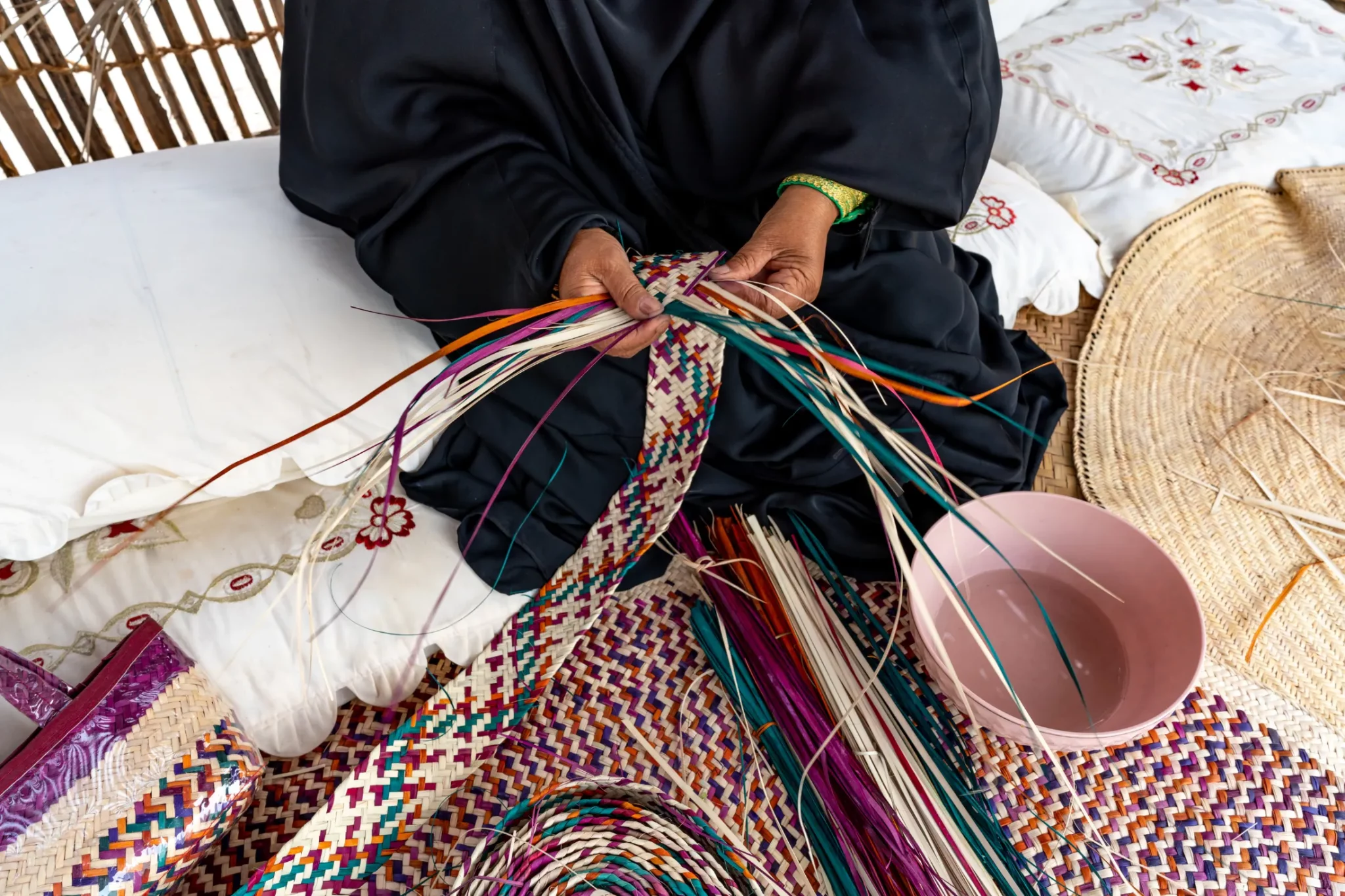
Architectural Marvels Shaping the Skyline
Art and Craft: The Creative Pursuit
Abu Dhabi is a vibrant hub for artists, offering a wide range of creative resources, from paints and canvases to pottery classes and art workshops. Some shops offer art lessons in traditional painting, Arabic calligraphy, and more, catering to the creative needs of both children and adults. Pottery shops and studios also provide opportunities for residents and tourists to learn and appreciate the craft. Here, tourists can try creating traditional pots or designing contemporary pieces for themselves.
In recent years, Abu Dhabi has emerged as a global art destination, thanks to its world-class art galleries and museums. The Louvre Abu Dhabi, designed by the renowned architect Jean Nouvel, is a fantastic place to witness the cultural evolution of humanity through its curated collection of art and artifacts from across the globe. Equally impressive is the Guggenheim Abu Dhabi, a modern and contemporary art museum, part of a larger cultural district on Saadiyat Island.
Furthermore, traditional crafts like Sadu weaving (a Bedouin style of weaving), Al Khous (palm leaf weaving), and Al Talli (a form of traditional embroidery) are celebrated as part of Abu Dhabi’s cultural heritage. The city hosts numerous craft festivals and workshops to promote and preserve these artisanal skills.
Abu Dhabi culture is a fascinating blend of traditional Arab values and modern cosmopolitan lifestyle. The city, with its unique architecture, vibrant art scene, incredible cuisine, captivating music and dance, is a true reflection of the rich Arab heritage. Abu Dhabi offers an incredible cultural journey that is sure to leave you enriched and inspired.







